China’s 38 Fake News Sites Disseminating Pro-China, Anti-US, Anti-Japan Content in South Korea
2023-11-18, Tara O
Chinese organizations posing as South Korean media-related PR companies have established 38 news sites disguised as South Korean domestic media outlets, which are spreading pro-China, anti-America, and anti-Japan content, according to South Korea’s National Intelligence Service (NIS). These efforts distort public opinion, and can be seen as part of the Chinese Communist Party’s (CCP) influence operations / psychological operations.
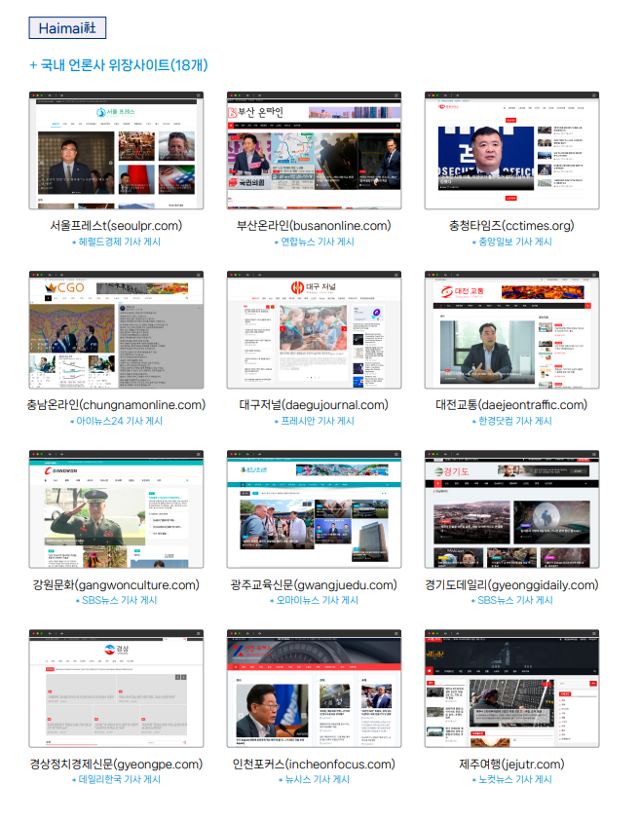
Above: Chinese fake news sites disguised as Korean local news companies (Source: Korea Times)
The entities posing as South Korean PR firms are Haimai, Haixun, and World Newswire. The two “Korean” media companies, which did not even have Korean names, but Chinese names—Haimai and Haixun—were discovered to be “fake media outlets” that do not exist in Korea. World Newswire displayed articles from major domestic media in order to appear as a media company, but it stole the articles it used. It also disseminated pro-China and anti-American propaganda articles and CCP propaganda materials as press releases.
These companies, to disguise themselves as normal domestic news organizations, were found to have created media names and domain names similar to real local news agencies, published articles (although from domestic media without permission), and pretended to be a member of the Korea Digital News Association (한국디지털뉴스협회).
Haimai asserted it can distribute press releases to Naver, a major South Korean portal, and local media outlets in South Korea. The local media companies mentioned do not actually exist as corporations, and were fake media outlets, which include “Seoul Press,” “Bucheon Tech,” “Busan Online,” “Daegu Journal,” “Korea Economic Times,” and “Chungcheong Times,” all of which were operating under the same IP address. Other sites include, “Incheon Focus,” “Gwangju Education News,” “Gyeonggi Daily,” “Gangwon Culture,” “Gyeongsang Political Economy News,” “Chungcheong Times,” and “Jeju Travel.” Seoul, Bucheon, Busan, Daegu, Incheon, and Gwangju are names of cities and Chungcheong, Gyeonggi, Gangwon, Gyeongsang, Chungcheong, and Jeju are names of provinces in Korea.
The headlines published on these fake media outlets include “Chinese Government’s Coronavirus Cooperation Achievements,” “Japan’s Nuclear Wastewater Discharge Is Likely to Affect Korea’s Food Supply Chain,” and “Unforgettable Memories.” The latter titled article claims that the government’s counterinsurgency operations against the communist insurgency conducted on the orders of the Korean Workers’ Party that began on April 3, 1948 (“4.3”) on Jeju Island was “the result of the US’s wicked suppression.” In other words, it equated counterinsurgency operations against communist guerillas as the “wicked suppression” of the US. For details regarding the Jeju “4.3” communist insurgency, see here.
In addition to creating fake media outlets to propagate false narratives, it came to light five years ago that the CCP also recruited over 10 million Chinese citizen Wumaos / 50 Cent Army members to be online sockpuppets and trolls to influence public opinion around the world.

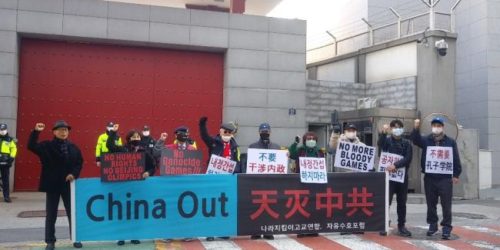
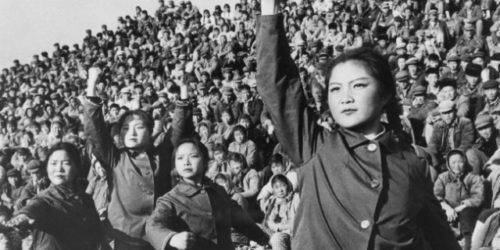
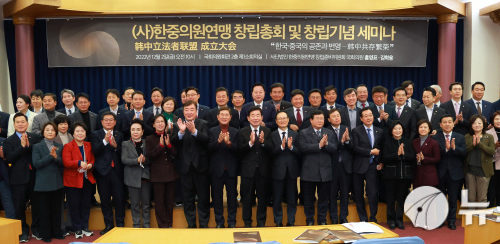

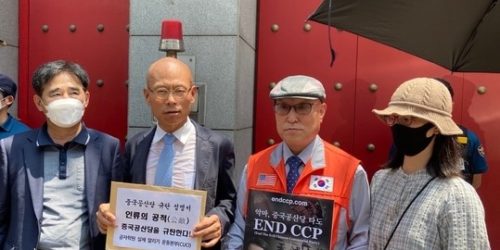
How difficult is it to discredit and shut down these sites? Can the unauthorized publishing of articles be criminally prosecuted?